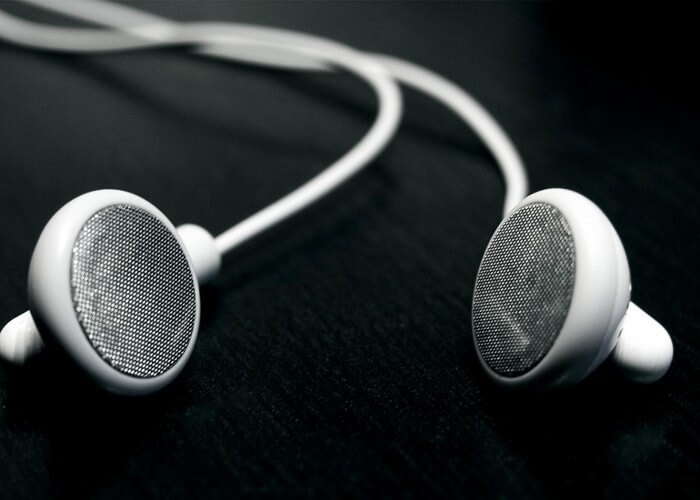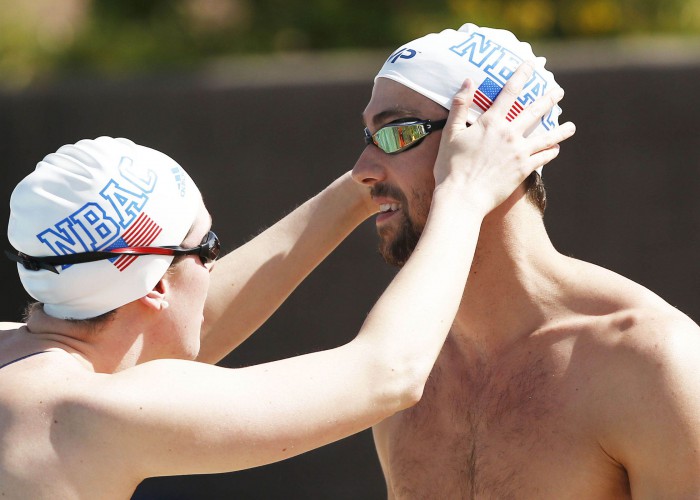5 Ways to Balance the Busy Swimmer Life

By Siobhan Dale, Swimming World College Intern
Whether you’re a backstroker, breaststroker, distance swimmer, sprinter, there is one principle that the swimming world seems to have accepted: swimming is absolutely exhausting. As a person who has tried out (perhaps unsuccessfully) other sports, I can attest that swimming is the one which leaves you the most ready to simply collapse on your bed after practice.
But as any collegiate or high school swimmer knows, the pillow isn’t a viable option at 7 p.m. Instead, the desk beckons. Our practice may have ended but our day hasn’t. In fact, soon enough an early alarm will order us to start the practice-eat-school-eat-practice-eat-homework schedule over again. It’s a tiring cycle.
Managing homework, school, and practice on weekdays and seven-hour meets on the weekend seems incomprehensible at times. Somehow we’ve all managed to do it. Swimmers are tough, but sometimes even the toughest athletes could use some advice on what to do when swimming feels like too much, or when the cycle grows repetitive.
So – for all those strong swimmers – here are some ideas on how to keep thriving out of the pool:
1. Try something other than music.

Every swimmer knows that the most painful part of swimming can happen after the practice. Too often feeling relief that a particular challenging set is finished occurs at the same time you feel your muscles struggle to make it out of the pool, up the steps to the locker room, and finally to your car.
Soreness is both painful and risky. Our coaches tell us to stretch at home after practice, but with the papers strewn across our desks waiting for us to complete at home, stretching seems out of the question. That’s when headphones can act as more than just devices for “chill-out” or “pump-up” music. Try downloading podcasts or other audio materials that can help you study. Listen to these as you stretch to keep the brain sharp while keeping your muscles limber.
2. Manage and Organize

I’ve tried far too many times to stay on-task without a planner or an organizer. While writing down what you have to do for the next few weeks can seem overwhelming, it’s even more stressful to not be able to remember what it is you have to complete. Those first few stressed-out seconds of looking at a calendar marked by multi-colors is well worth how prepared you’ll be as you progress through the month.
3. Have A Study/Training Partner

If people on your team are taking the same classes as you, make a study group. If not, simply help each other to stay organized. Make a point to know your teammates’ schedule and wish them good luck on tests they are about to take, offer help if you can, and show them you care about how they are doing. Take an interest in your teammates outside of the pool. It can help you grow closer as a group; knowing that you’re not only there for each other in the water, but there also when facing the dry life constraints swimming poses.
4. Don’t Make Things Harder

Photo Courtesy: Annie Grevers
Of course, no matter how on-task you are or how prepared you may be, every swimmer has nights where sleep may not be the first priority. If it’s 4 a.m. and you’ve set your alarm for a 6 a.m. practice, switch it off. No one is going to have a good practice on two hours of sleep, and it’s even less likely you’ll test well after enduring that type of practice. Make the effort to explain to your coach the circumstances. Don’t let one night, or a few tests, derail your ability to cope with the cycle of work swimming presents. Be determined and dedicated, but don’t allow those qualities to become your downfall.
5. Break The Cycle

Photo Courtesy: Kalina DiMarco
No one can continue this grind forever. After weeks of a life consumed by school work, early morning practices, dryland, more practices, and more school work, any swimmer begins to feel exhausted. Don’t see that exhaustion as a sign of weakness or a lack of dedication. Instead, see it for what it is– evidence that the cycle needs to briefly be broken.
Find a way to reward yourself for hard work. You’ll never notice your progress if you don’t pause and reflect. Instead of completing an extra dryland practice or a following a regimented diet plan, do something fun or have that piece of cake. If possible, try to schedule activities with your team that have absolutely nothing to do with swimming or school. As a high school swimmer one of the best parts of the season were always the pasta parties.
Teammates aren’t just the ones who support you in the toughest moments, they are also the people who are there in the best ones. While distance sets and early morning practices may not be fun, that does not mean swimming can’t be. Break the cycle and when you are ready to reset, do so.



